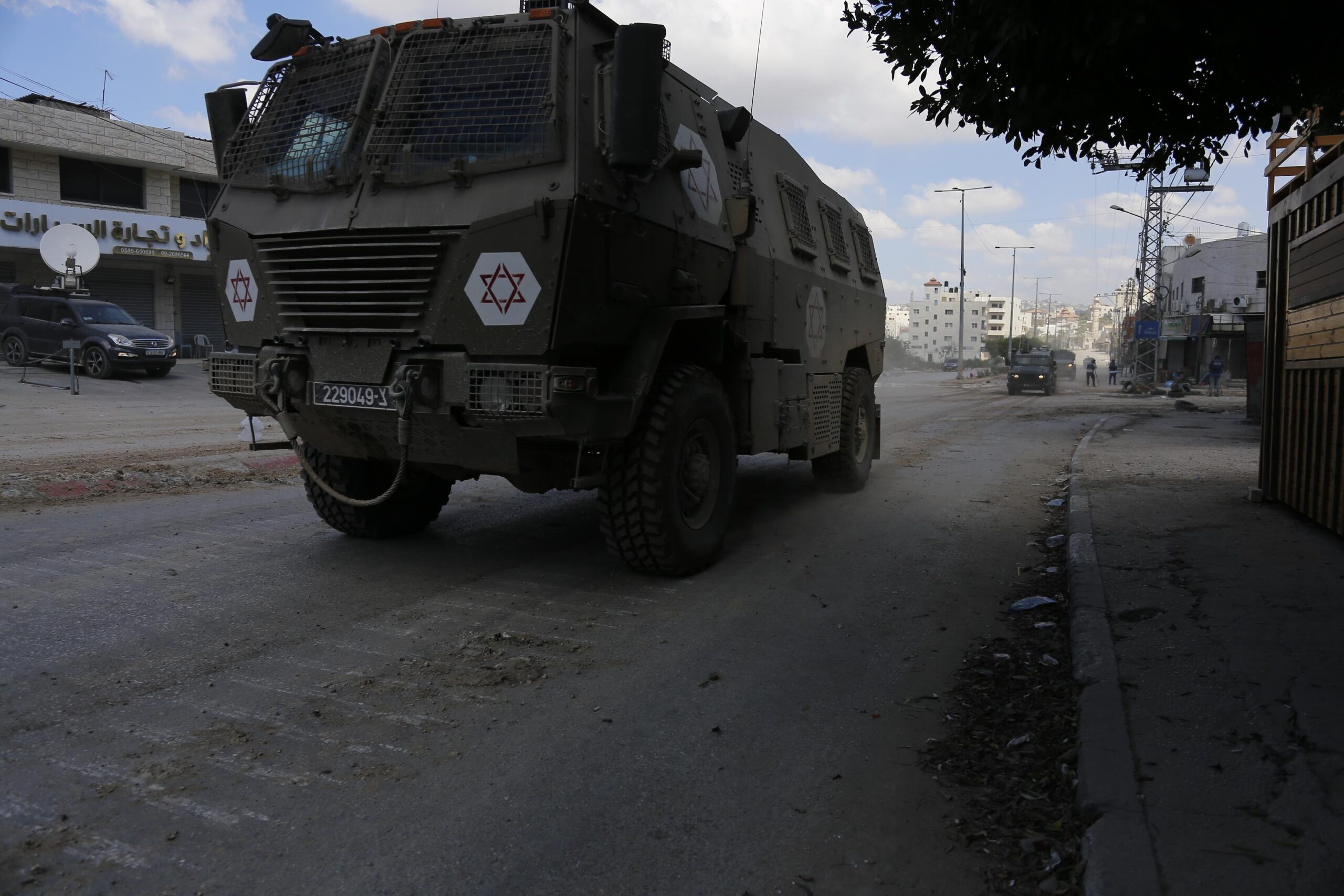Tag: Tubas
-
What Does Israel Want in The West Bank?
Northern West Bank By Diana Khwaelid Israel is carrying out massive military operations to displace residents of camps in the northern West Bank, unprecedented since the Second Intifada. Since the seventh of October, Israeli attacks on West Bank cities, especially in the north, have not stopped. We are talking about the cities of Jenin, Tulkarm, Tubas,…
-
What is Happening in the Northern West Bank?
4 September 2024 | International Solidarity Movement | Northern West Bank By Diana Khwaelid The radical Israeli Minister of National Security, Itamar Ben-Gvir, has renewed his incitement to impose collective punishment on citizens in the occupied West Bank, including the killing of detainees in occupation prisons. In the early hours of August 28, 2024, Israel…
-
Free Sireen Sawafteh- Arrested by Israel on the 14th May 2013
27th May 2013 | International Solidarity Movement, Tubas, Occupied Palestine UPDATE 28th May 2013: Israeli court prolonged the arrest of Sireen until Thursday in which she will see a judge. To this day she is banned from seeing a lawyer Last Tuesday Sireen, a 24 year old woman from Tubas, was detained by Israeli forces.…


